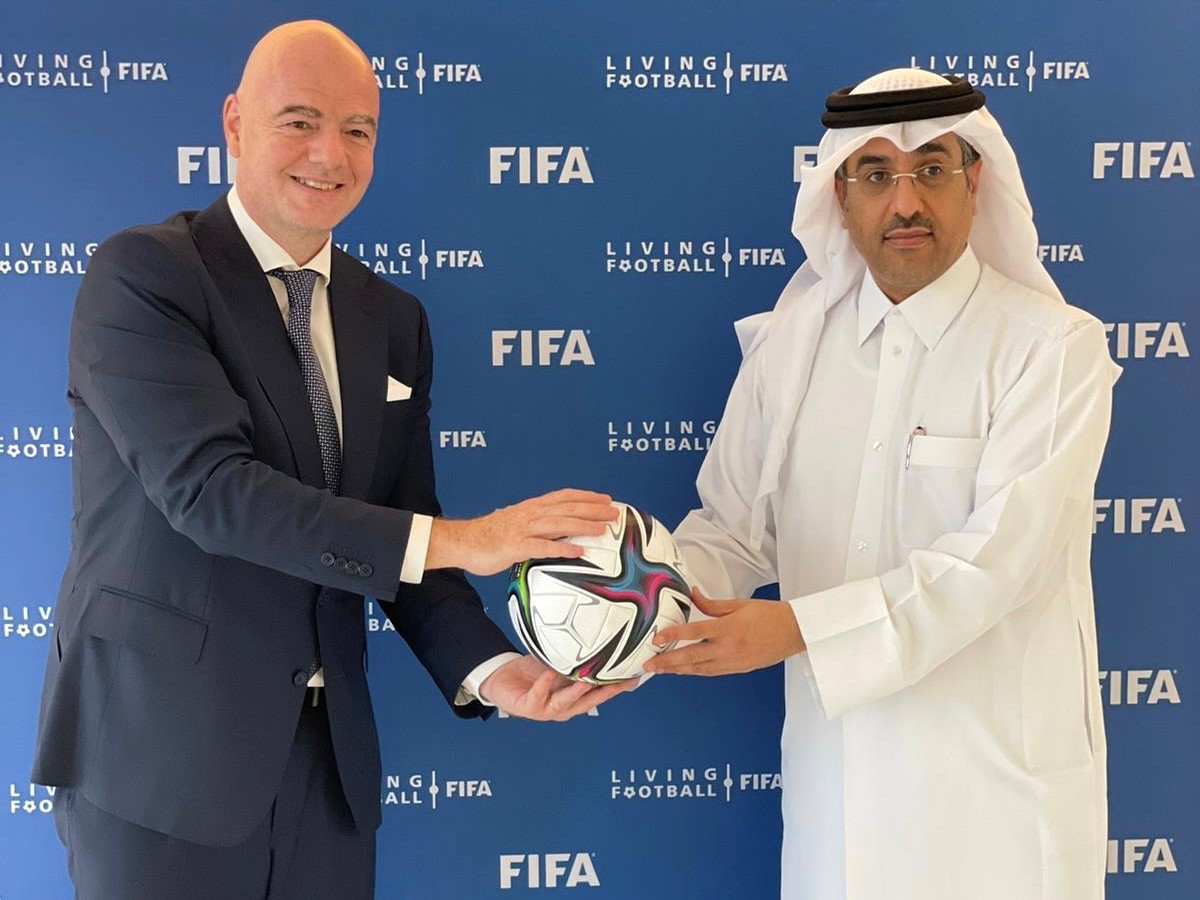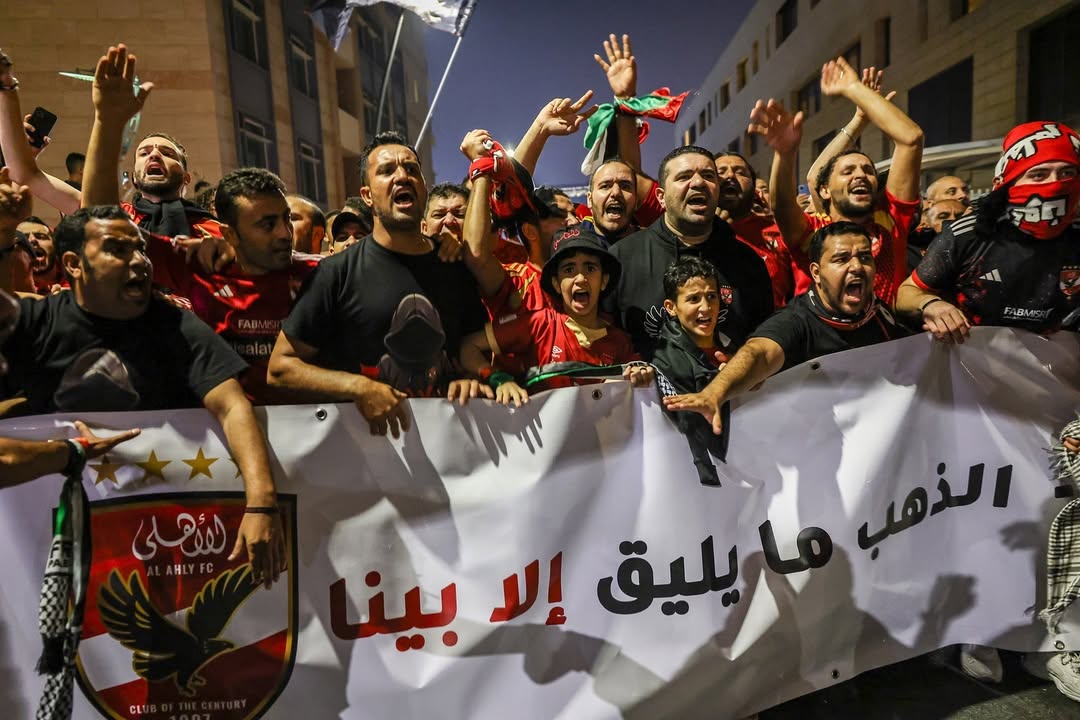Since 2017, the Qatari government has introduced reforms centered around improving conditions for migrant workers.
FIFA’s President Gianni Infantino praises Qatar’s labour reform efforts and maintains that a “strong commitment” to ensure labour reforms are fully implemented is being shown by the government in Qatar, where the major sport event is taking place in November.
The talks were held in a meeting with the Qatari Minister of Labour, Dr Ali bin Samikh Al-Marri on Tuesday, which came a day after FIFA’s discussions with Amnesty International in Zurich, regarding labour welfare in the Gulf country.
With the FIFA World Cup Qatar 2022 taking place in less than 250 days, Infantino noted “I am pleased to see the strong commitment from the Qatari authorities to ensure the reforms are fully implemented across the labour market, leaving a lasting legacy of the FIFA World Cup long after the event, and benefiting migrant workers in the host country in the long term.”
FIFA to discuss labour welfare in Qatar with Amnesty International
The discussions were geared towards the progress attained thus far in the workers welfare and labour rights fields since the tournament was awarded to Qatar in 2010, as well as the remaining work that is expected to be done to ensure a “lasting social legacy of football’s flagship event in the host country,” FIFA said.
“Challenges still remain, like in many other countries around the world, but the progress achieved in the recent past is undeniable, as is the commitment to bring about positive social change,” Infantino added.
Qatar and its migrant worker concerns
In 2021, Amnesty International’s Reality Check 2021 report called out FIFA regarding the concerns over worker rights in Qatar and urged the sport institution to use its leverage with the relevant Qatari authorities to enhance the situation for migrant labours in Qatar and urge it to ‘live up’ to its international human rights responsibilities.
Amnesty International stated “while FIFA might not be directly linked to human rights harm occurring in service sectors operating outside of FIFA accredited World Cup sites, it nonetheless has a responsibility to mitigate human rights risks that arise from the increase in business in these related sectors created by the tournament.”
In January Infantino explained, while addressing the Parliamentary Assembly of the Council of Europe during a debate, that “a lot needs to be done” in Qatar in the work legislation, protection of workers and minimum wage fields.
Qatar “has been a pioneer in modernising labour law and regulations regarding workers welfare,” Dr Al-Marri emphasised.
“Such reforms are based on a legal and legislative framework that will continue to be applied after the World Cup.”
Qatar’s labour reforms
Law No. 18 of 2020 mandated the removal of the governmental demand for labours to obtain their employer’s permission to change jobs while also establishing, for the first time in the region, a non-discriminatory minimum wage.
FIFA reported that in May 2021, the legislation on working during high temperatures (with outdoor work banned above 32.1°C) has witnessed a sharp decrease in heat-related cases in Qatar, “with 338 businesses being shut down for non-compliance since its enforcement.”
During Tuesday’s meeting, FIFA’s President and the Qatari minister addressed the conclusions of the recently conducted International Trade Union Confederation mission to Qatar and underlined the said law on minimum wage which led to increased wages for 13% of the total workforce, that’s 280,000 workers.
Amnesty International, in the meeting with FIFA earlier this week, handed the major sports entity 280,000 petition signatures demanding “fair working conditions in Qatar and for the football community to respect human rights.”







